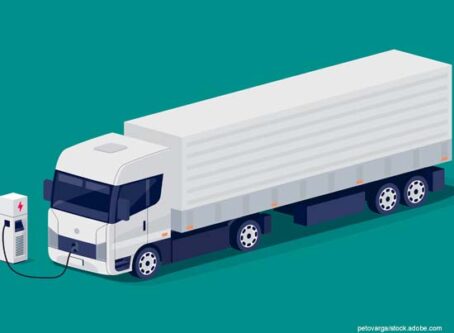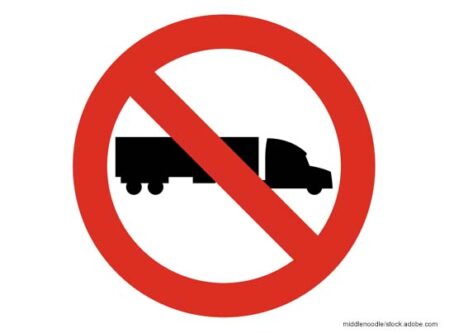California gets go-ahead to continue truck platoon testing
Testing of autonomous vehicles to haul freight in California is not going away anytime soon.
Gov. Jerry Brown has signed into law a bill to extend authorization for the California Department of Transportation to test truck platooning.
State law permitting testing of the technology was set to expire at the end of this year. The new law, AB669, renews the testing period for another two years – through 2019.
The testing in California enables drivers to operate vehicles with less than 100 feet between each vehicle, or a combination of vehicles.
Affected commercial vehicles are required to have a licensed commercial driver behind the wheel.
Assemblyman Marc Berman, D-Palo Alto, says the extension is necessary to continue the state’s work to use the technology he describes as improving peoples’ lives and protecting the environment.
“Platooning will make our roads safer, improve traffic conditions, and reduce greenhouse gas emissions,” Berman said in prepared remarks.
He quotes figures from Caltrans that show fuel consumption for affected vehicles can be reduced by 10 percent to 15 percent.
The technology is far from perfect. Some supporters acknowledge it will work best on relatively flat, divided highways outside of populated areas.
Critics question how automated vehicles and traditional vehicles will interact on roadways. Others doubt whether widespread use of the technology is realistic.
Another point raised by critics is there are few studies that consider the potential impact of autonomous trucks being able to provide door-to-door delivery.
The trend to test driver-assisted truck platooning technology on highways in California and around the country continues to speed ahead. The concept uses a lead truck to control the speed and braking of other trucks.
In an effort to encourage testing on their roadways, states are working out agreements for multistate testing. One example is the I-10 Corridor Coalition connecting ports in Long Beach, Calif., and Los Angeles to Houston.
To make the testing a reality along the I-10 corridor and elsewhere, state legislators are taking action to eliminate legal barriers. The actions revise state following-too-closely laws and permit testing.
In 2015, Utah became the first state to take action to permit testing. Florida and Michigan followed suit a year ago. Since the first of this year, more than a half-dozen additional states stretching from Nevada to the Carolinas have acted to permit testing.
Testing in California is being done by Mountain View, Calif.-based Peloton Technology Inc. in a partnership with Atlanta-based United Parcel Service.
The cost to conduct additional testing in the Golden State is estimated at $600,000 over two years, according to legislative documents.
Caltrans is required to report to the California Legislature on findings related to the technology’s potential to reduce greenhouse gas emissions and increase driver safety by July 2019.
To view other legislative activities of interest for California, click here.









